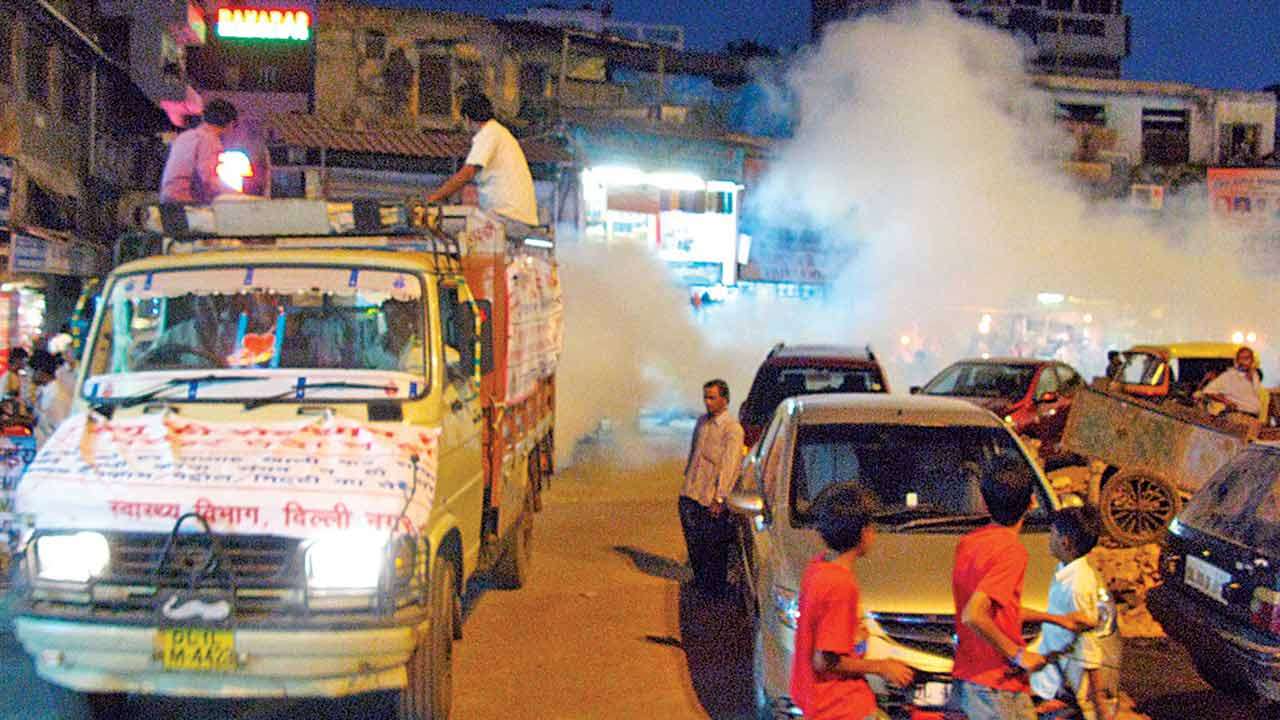Fund allocations drop despite rising incidence of dengue deaths

Dengue Picture for representational purpose
Although incidence of dengue cases and related deaths have only spiked over the years, there has been a drop in the amount allocated to the National Vector Borne Disease Control Programme (NVBDCP) over the years.
Over the past three years, 717 persons have fallen prey to the scourge of dengue. In 2015, 220 deaths due to dengue were reported across India, and in 2016, the number rose to 245. In 2017, 253 deaths were reported, as per Ministry of Health and Family Welfare data. Last year, Tamil Nadu recorded maximum deaths at 65, followed by Maharashtra (41), Kerala (37), and Uttar Pradesh (28).
The gravity of the issue (dengue deaths) gained prominence after 7-year-old Adya Singh died of Dengue Shock Syndrome in Gurgaon’s Fortis Memorial Institute in December last year.
A year-on-year increase in cases of dengue has been noted, with 99, 913 cases in 2015, rising to 1,29, 166 cases in 2016, and further increasing to 1, 57, 996 cases in 2017.
Once again, Tamil Nadu recorded maximum cases at 23, 294, last year, followed by Kerala (19, 973), and Karnataka (17, 265).
However, despite this worrying trend, a look at the budget outlay for NVBCDP reveals that the fund allocation has only been decreasing. As compared to 2014-15, the fund allocation has decreased by 13 per cent. This could be because of the inability of the respective state governments to effectively utilize the funds for the vector-control programmes, say experts.
The Rs 541 crore allocated to tackle vector borne diseases, mainly dengue and malaria, in 2014-15, reduced to Rs 490 crore in 2015-16, and eventually to Rs 467 crore in 2016-17. In 2017-18, the fund allocation remained fairly similar to the previous year at Rs Rs 468.47 crore.
Dengue is a viral disease caused by aedes mosquito. There are four types of prevalent viral strains doing the rounds in India — Type I, II, III, and IV. Type II and IV are known to cause rapid drop in platelets, leading to multiple organ failure and even death.
“Dengue is spreading in various parts of the country as it’s transmission is governed by many ecological factors. Also, unplanned developmental activities, improper water storage, population movement, and improper solid waste management play crucial role in the upsurge of dengue,” a MOHFW statement to Parliament stated.
FUNDS REDUCING YEAR ON YEAR
- As compared to 2014-15, the fund allocation has decreased by 13 per cent. This could be because of the inability of the respective state governments to utilize the funds for the vector-control programmes.






































